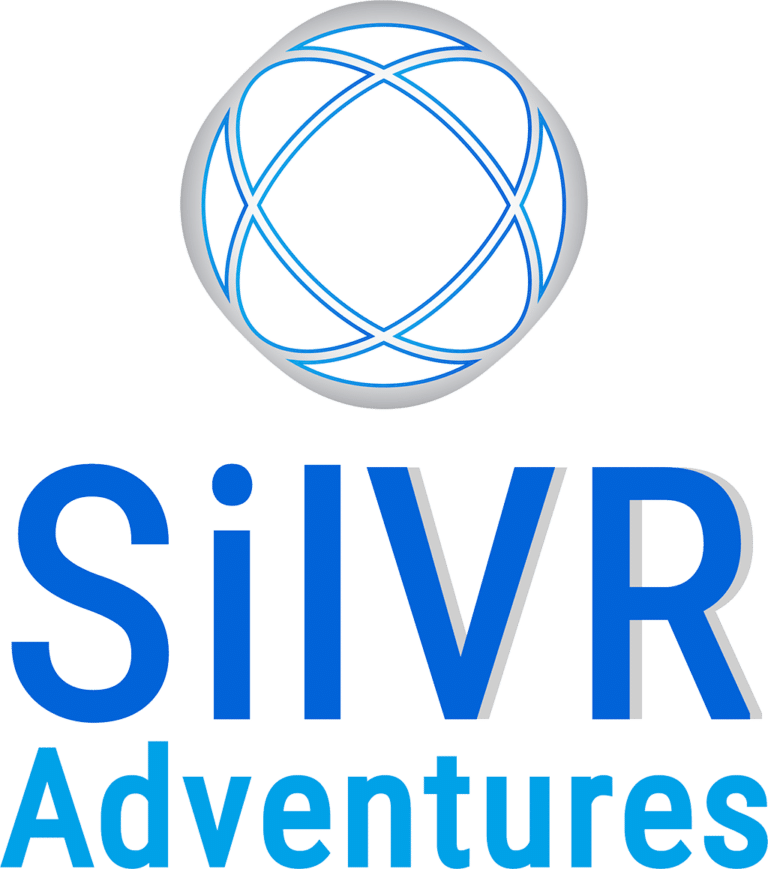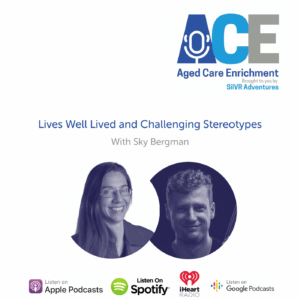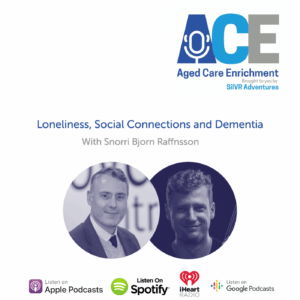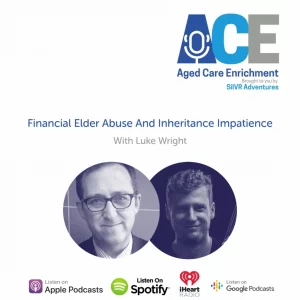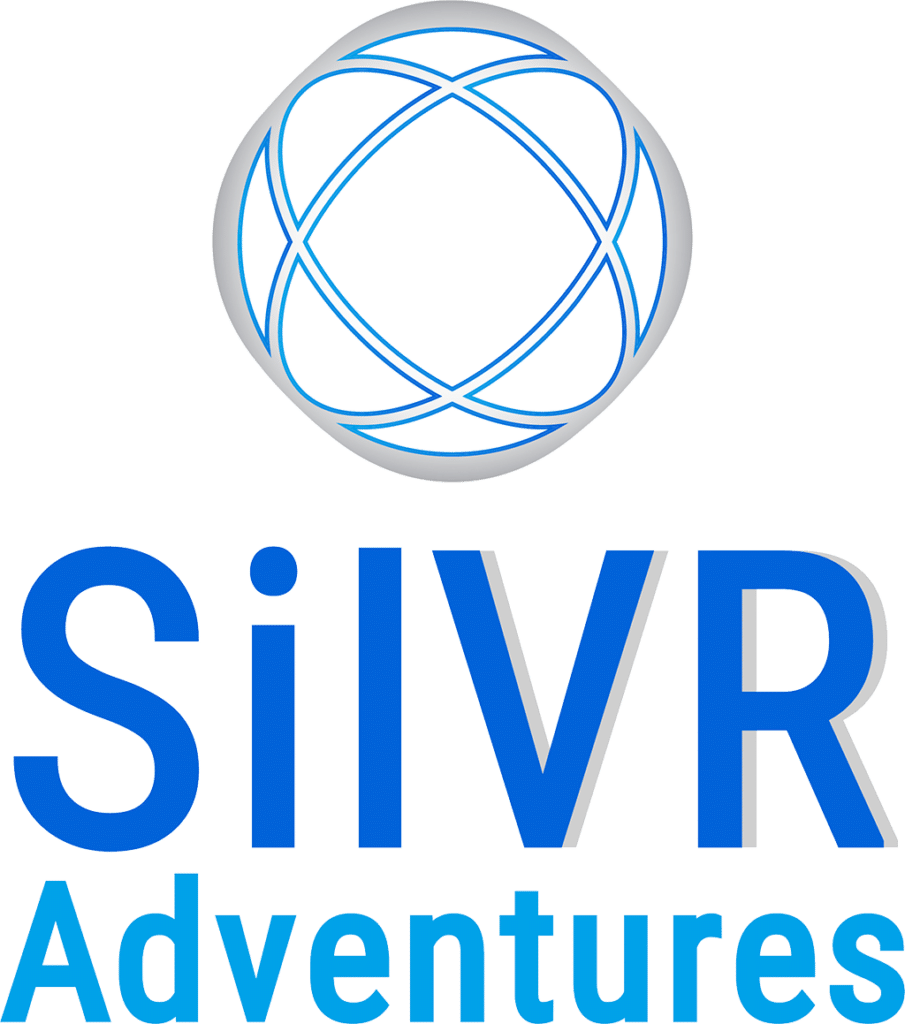Ian Sherriff has been leading efforts throughout an astounding number of organisations in the UK to shape supportive and enabling communities for people living with dementia.
Some of the fantastic work he’s done has involved doctor’s and dentist’s surgeries, airlines and airports, 10,000 parishes across the UK and rural communities in Devon.
Transcript
Ash de Neef: Ian thanks so much for joining us on the program today.
Ian Sherriff: Ah, lovely to be with you and a big hello to everybody over in Australia. So nice to be with you all.
Ash de Neef: Absolutely great to have you here with us. And maybe you can give our Australian listeners some background to the work that you do.
Ian Sherriff: I’m Ian sheriff. I’m the academic partnership lead for dementia in the University of Plymouth’s medical school, so I research and lecture to students. So we’re the university where all our medical students have a module on their teaching to do with dementia. Because we’re very keen that they have an understanding of dementia when they’re out there in the field.
And not only that we’ve set up a program called Time for Dementia, where medical students will spend at least three days in the home of somebody with dementia throughout their time with us at the university. So that’s what I do within the university.
Outside it I chair the prime minister’s rural dementia group, and we’ve done a lot of work there in engaging with all the different facets of rural communities to up their game and understand. And how they can work better with people living with dementia and their families. To the extent where we’ve engaged with the 10,000 town in Paris council is in England and written a dementia guide for them, but we can talk about that later.
I chair the prime minister’s air transport group for dementia, but that’s also for hidden disabilities. And in the last four years, we’ve changed all the legislation around our airports here in the United Kingdom so that they are hidden disability aware and we can talk about that again in a second.
I chair the Dementia Alliance in Plymouth, so that’s over a hundred companies and we very nicely, or whatever the word is were awarded dementia friendly city of the year. I also chair the global group on dementia, and I’m a member of the Prime Minister’s dementia challenge group, which is myself, Angela Rippon and the about eight other people.
Et cetera, et cetera. So that’s me. So that’s what I do on Monday and Tuesday.
Ash de Neef: Yeah you’re an interview is delight, then this there’s about 50 different directions we could take the conversation. But maybe taking it back to the start and talking about your work at Plymouth University and the sort of approach that’s going on there.
It sounds like there was an identified gap that, medical professionals were entering the field without enough experience or practice in dealing with patients who have dementia. Is that correct?
Ian Sherriff: Yeah, you’re right. my career hasn’t always been in academia. For the first 25 years I was in the fleet air arm and play with airplanes and actually visited Australia on I think it was um, Ark Royal or HMS Eagle. And had a wonderful time. So thank you for that. That was way back in the sixties.
And then at 40, I thought I better get a proper job and I went to university. And then I started to look at research around early onset dementia and won some money to do that. But the gap was identified when I got in there and I was then asked to go and join the medical school. And not only do I teach doctors, nurses, paramedics, and midwives, but also dentists because we found that dentists have a very good position to actually start to understand and also identify early onset dementia.
And so we’ve written a guide we’ve just completed it. And that’s going to go out, I hope, to every dentist practice in the country in England. It’s very basic stuff, it’s about saying, you know, how the design of your surgery is it welcoming? Do you understand the person? Can you make the person feel at ease? You can imagine if you have a dementia and you last memory could be of ages ago when you went to the dentist, and gas and air and all those awful things.
And what we asked is that could they do a familiarization to the dentist? And when they’re there, can the dentist take time to explain, it’s, COVID everybody’s walking around with masks on and it does seem to inhibit things. So when you think that’s what looking at a dentist is like for the chair and he’s got a great big drill in his hand and he’s going to put it in our mouth that is quite frightening and it’s even more frightening for a person living with dementia. So we’ve covered all those topics in the guide and how they can design their dental surgeries.
Interestingly enough, when teaching the dentist, we identified with them a project last year. And the dental students worked for a year, obviously on all their studies, but also on this dental dementia project.
And they designed a a walkthrough video of what they thought was a first-class dental surgery in design. And the UK director for Henry Shrine who are dental manufacturers and also design dental surgeries came, saw it, liked it, and those students their thoughts and ideas are going to be implemented into the new structures and new way of designing dental surgeries.
So young minds, young thoughts uh, young ideas are changing the way the world is towards dementia. No I was really pleased from that to getting that. And the guide reflects their work and also gives them credit for all they’ve done.
Ash de Neef: Yeah, that’s fantastic. And, tying into the guide that you mentioned there for dentists, you’ve mentioned that you’ve prepared a guide for the national association of local councils over 10,000 councils and Shires. So in the UK, and I saw a picture of. With Angela Rippon, who was also on the show and the prime minister, Boris Johnson.
Can you tell us a bit about the guide that you were putting together there?
Ian Sherriff: Yeah we were invited to go and see him just before Christmas. Well, When you consider we had COVID and everything going on, that we had a one-to-one with him in the garden of number 10. And there were no Spads [special advisors] with us, so it was just us three, and he was very knowledgeable about the world of dementia.
And I said to him, look. 10,000 parish councils, that we’ve done a project. To get to where we were with the parish councils and town councils, I ran a project here in rural Devon where five parish councils came together and said we’ll work together, on the world of dementia in our rural communities.
So they nominated a person on each council to be their dementia lead, employed a worker and a support worker. And between that support worker and the worker themselves, they’re supporting 68 families, of somebody living with dementia. And that can be running groups, so they run not just groups for people with dementia.
I’m a very great believer of integration, not separation. So the individual groups have people who have dementia and those who don’t. And they go walking, singing, they have a reading group, a poetry group, a keep fit group, you name it and they’re doing it. And I think that’s the way forward.
And we did a quick research on dementia in the farming community. It was no different than other communities, but what was different was their reluctance to come near a GP or a doctor. You know, “it’ll get better”, and, “Oh well, that’s life. And we found some quite sad stories where a lone working farmer, his wife had dementia and he used to take her in the tractor with him every morning rather than leave her at home where she would wander.
To another gentleman who had dementia and his son came over to see him. And inside his very complicated tractor he had post-it notes where all the different levers where and what they were meant for.
Anyhow, so we’ve raised this the game. And the young farmers, who are very much part of this task were going to start running sort of, farmer’s markets, et cetera, you know, awareness of dementia stuff. So it’s rural communities, it’s everything. It’s the local post office, it’s the local shop.
I went to America for eight weeks and I live in a rural community. I came back, I didn’t tell the local post office where I’d been. And when I came back, she said, “did you enjoy your holiday?” I said, “yes.” She said, “what was your New York like?”, “oh it was great”.
And then she said, “what was Ghana like?” “Oh, it’s great”. And she went through my whole itinerary and I said “how the hell do you know that?” She said, “oh I looked at your postcards.” So they are a mine of information. And they can be a source of great knowledge to understand what’s going on in their communities.
So you can see when you engage all these people, get them all to work together You can actually have a really integrated world for people living with dementia.
Ash de Neef: yeah, that’s, that’s fantastic. And that kind of leads onto my next question there about. A lot of the work that you do is amongst the community and is about raising awareness. Could you maybe speak a bit more to the sorts of things that you’d like to see come out of this work and the sort of world that you’d like to move towards?
Ian Sherriff: Okay. Well, when I first started, I remember what drove me to do this was talking to a family who had a member who was living with dementia. It was her husband. And she said, “nobody knows about dementia. And not only that they don’t give a damn about us and we just left on our own.” So it was taken that as the starting point, and raising the awareness.
And I just think, I mean, I’m not asking people to go and knock on the door and say, “Hey, do you want something?” But if you’re aware of it you can also say, “how can we help?” And that came to the fore during the pandemic. And I suspect it’s the same in Australia. Our communities came together, people did shopping, people, did messages, checked on people.
One of the most powerful things in a rural community is the postman. Because, he’ll know if somebody is not collecting or is not well or what have you, so they can be early indicators of what’s going on.
And it’s really lovely to live in a community which is, I’m not saying nosy, but can be supportive. And so that’s what I was looking for and not only in communities, in shops in businesses, and that’s why the air travel thing. I mean, that’s the same concept. If people understand and if people are aware, then they can help and support and it makes life a lot better for the person living with dementia and their family.
But do you know what? It feels quite good when you’re done a good date every day? Just so you know, there’s a knock on effect for everybody here.
Ash de Neef: Absolutely. And with the dementia air transport group, can you maybe share with us some of the things that, some of the ideas and, programs that you’re putting into place?
Ian Sherriff: That was given to me out of the blue. Angela Rippon said, “we need to have an air transport group for dementia and hidden disabilities”. So off I go. So I had nothing but paper and a pencil and what I did I got people like a doctor and OT, people living with dementia and their families. I got pilots, cabin crew, airport staff, ground crew, the people who work on the support networks in airports. So they were on the group.
What we did, we designed the process where we started from leaving home, getting to the airport, going through the airport, getting on the aircraft, getting off the aircraft at the other end. And through that, we want you to support you program or network. The reason I think it took off so well was because one of the lines I took was there are 850,000 people living with dementia in the UK, and why should they stop traveling because of their dementia? They should be able to, with support, be able to go and travel.
With that concept everybody on that group started, to chip in how we can do things. An example of one person who has really upset, they traveled to the airport, this was before we changed everything. And they got to security with a dad who’s going on holiday with him, he had dementia. He lost some weight so at the security thing they said, “take your belt off”. And the daughter said, “can I hold my dad’s trousers? He’s lost a bit of weight”. He said “no. Step back”. He’s got to go through this magic detector. So he went through and his trousers fell down and he cried. He had an outburst, he just went into – awful for him, and they didn’t go on holiday.
And that was all, not because this security guy was being sort of officious, but it was because that was what he was told to do. So we had to change that. How does a person go through the magic system who has dementia? It’s not saying they don’t go through it, but they have to be supported to go through it.
Also when they arrive at the airport, we actually thought there’s gotta be some way they’ve got to be identified. And we started off with the sunflower lanyard and I think you might have it in Australia. And so it’s just a green lanyard with a sunflower on and everybody on the airport staff, and now it’s in shops, businesses all around the United Kingdom. So it’s traveling well, there are thousands of millions of them. And what it means to the airport staff is I have a disability, a hidden disability and I will need assistance. And so that came out of it.
So what we managed to achieve was people arrive at the airport who have a hidden disability, they will get supported through the airport. They will get assistance through the security, they will then go to a quiet lounge should they need to, and then be assisted to go on the aircraft either first or go on last whichever.
The airport thing is ongoing because we keep revisiting, we’re going to write a guide now to go out to every individual who has a hidden disability, that they can access online, to see what they can expect. We also, asked airports to run awareness sessions. So if I’m going to fly in a month time that I go up with my family member who has a hidden disability and we walk through the system. So, we’re getting there and I think we’ve done it exceptionally well to get a debate in the House of Commons, to get some outcomes from that. To get the CAA to do what they’ve done, and also the airports, getting their act together on hidden disabilities.
Ash de Neef: Absolutely. Yeah, it makes it clear that in every sort of aspect of normal life we need to have some sort of consideration for people who are living with dementia or a hidden disability. And before this conversation, I may not have even thought of air transport is something that we need to really think about the steps for. But that really highlights that in every aspect we need something.
Ian we’ve covered a lot and I feel like there’s so much to unpack here. Do you want to talk about anything specifically before we start to wrap it up?
Ian Sherriff: I think just the general thing is to say dementia is on the increase we know that. Around the globe it’s one of the biggest things to hit the planet. And it’s costing billions and billions of pounds to support people either with health or social care. And we do know that once you’ve had to diagnosis the road that you’re going to go down is pretty well plotted, and there are key points where health and social care, the communities, et cetera, et cetera, can get involved and supportive.
So my message is, if you’ve seen one person with dementia, you’ve seen one person. Every person with dementia is a different person. They have different pasts, different present, and different futures. And if you understand those three, you can actually help them.
And I can give you a quick story. I went into a hospital the other week, and there was a lady in the corner, a 96 year old. And coming from the aircraft world all those years ago, I still run outside and look at airplanes, when I see them fly over – I still get a kick out of that. And I recognised this very elderly lady in the corner. And I said to the young nurse, “who’s that?” She says, “ooh Mrs… hang on I’ll go over.” And I said “come with me a second”, and I just knelt down beside her and I said, her name was Dan.
I said, “Dan, what’s it like to hear and for rolls Royce engines purring away?” And her face lit up. She didn’t communicate, but I touched the button there and I said to the nurse, “that lady at the end of the second world war, was flying Lancasters, Spitfires, she was a ferry pilot. And I said, not, everybody’s a ferry pilot, or what have you, but if you understand people’s past, you can make connections with them if they are on their world of dementia. So, you know, It’s just about being human with each other.
I think we live in a funny old world at the moment, which is so fast, so quick. We suddenly realise, “gosh, these are real people who have feelings and emotions”. Good to reflect on that sometimes I think in the crazy world we’re living in.
Ash de Neef: Absolutely. And I really liked that quote, if you’ve seen one person with dementia, you’ve seen one person. That’s a nice way to wrap it all up. Ian, thank you so much for your time today, it’s been really great.
Ian Sherriff: Let me talk to you, Ash as well. You take care.
